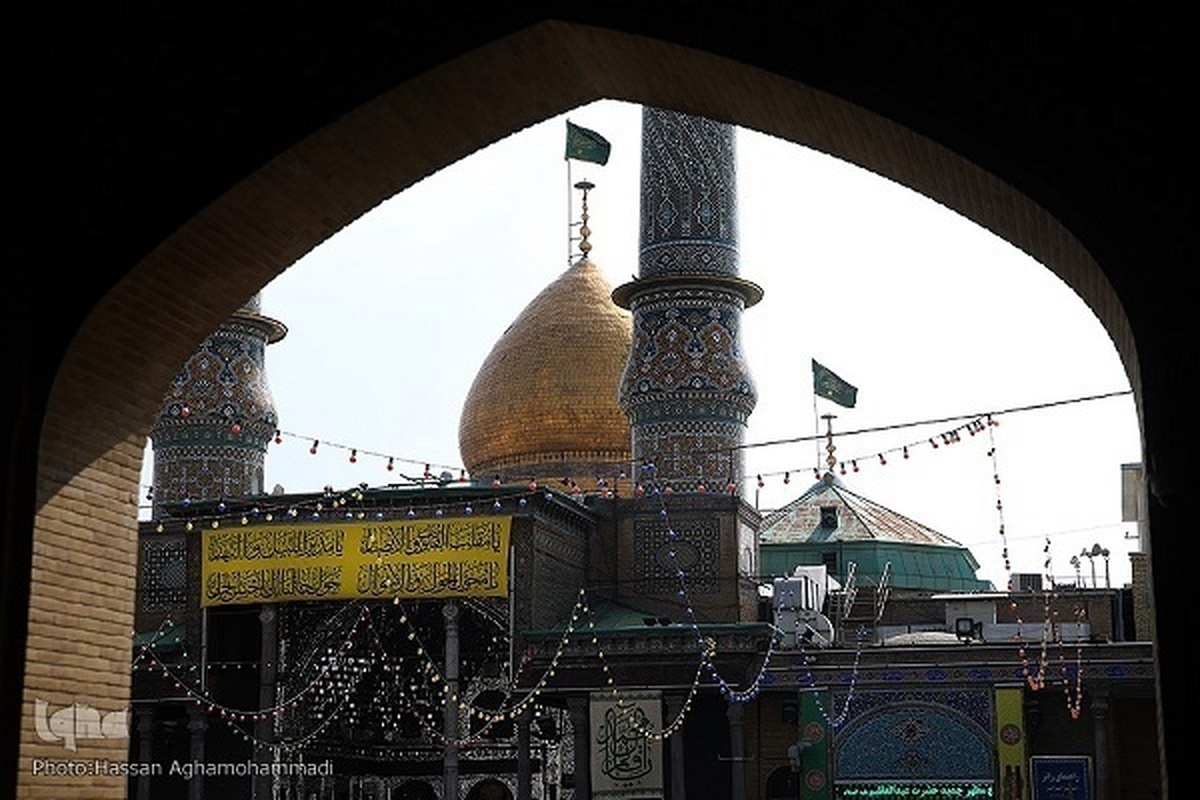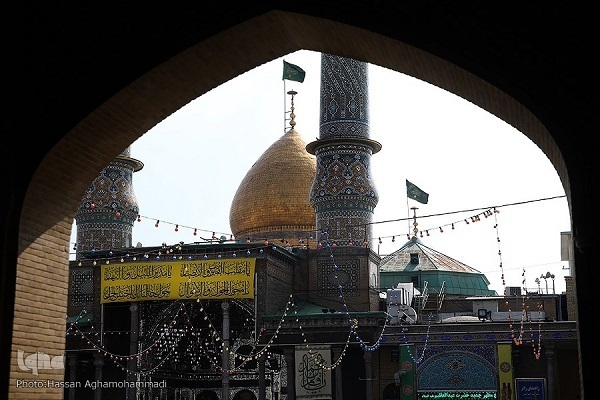Scholar Highlights Enduring Legacy of Hazrat Abdul Azim Hassani


Abdul Azim Hassani (AS), also known as Shah Abdol Azim, was a fifth generation descendant of Imam Hassan ibn Ali (AS) and a companion of Imam Muhammad Taqi (AS).
In an interview commemorating the birth anniversary of Hazrat Abdul Azim Hassani (AS), Hojat-ol-Islam Mohammad Reza Sobhaninia, a faculty member of the University of Quran and Hadith, presented the conduct of Hazrat Abdul Azim (AS) during the Abbasid Caliphate as a relevant model for perseverance today.
The cleric identified two fundamental characteristics of Hazrat Abdul Azim: profound knowledge and deep insight.
He stated that the valuable scientific and spiritual heritage passed down from him speaks volumes about his ethical and moral virtues.
“The high level of his knowledge was the result of his continuous and deep connection with the Imams (AS) and drawing from the divine source of knowledge,” Sobhaninia said. “Alongside this knowledge, his insight was another important feature, as he could well understand the conditions of his time and act accordingly.”
The scholar said that Hazrat Abdul Azim (AS) demonstrated courage when necessary, used prudence to preserve his life and faith when required, undertook migration when essential, and spoke the truth with wisdom when appropriate.
He also highlighted the special status of Hazrat Abdul Azim’s (AS) holy shrine in Ray, south of the Iranian capital of Tehran. He noted that Shia Imams (AS) are reported to have emphasized visiting his mausoleum, even equating its spiritual reward with visiting the holy shrine of Imam Hussein (AS) in Karbala.
Read More:
He explained that despite not being one of the twelve Imams (AS), Hazrat Abdul Azim (AS) attained an exceptionally high status due to his deep understanding of the teachings of the Prophet's (PBUH) household, the costs he bore on this path, his courage, and his comprehensive virtues.
“The Imams (AS) said that when visiting Karbala is difficult and involves great hardship, it is enough to go to Rey and visit Hazrat Abdul Azim’s shrine to receive the same reward as visiting the Master of Martyrs (Imam Hussein (AS)),” Sobhaninia stated. This was due to Hazrat Abdul Azim’s “cognitive, insightful, and spiritual proximity to the Imams (AS).”
Read More:
Sobhaninia emphasized a famous narrative where Hazrat Abdul Azim presented his beliefs to the tenth Imam (AS), for verification. After hearing his creed, Imam Hadi (AS) confirmed its accuracy, declaring, “You are truly our faithful follower.”
This event, according to Sobhaninia, is not just a historical account but a lasting lesson. “It teaches all Shias that they must align their lives and beliefs with the ‘compass of the Prophet’s (PBUH) household’,” he said.
Sobhaninia concluded by drawing direct parallels between Hazrat Abdul Azim’s (AS) era and modern times, suggesting his life offers valuable lessons for today’s society, particularly for the front of resistance throughout the Islamic world.
Hazrat Abdul Azim is a complete model of resistance, he said. “He resisted where necessary by speaking, narrating, guiding people, and acting as a teacher of religion. At times, he was forced to migrate... His perseverance and resistance in these difficult conditions are a clear example of steadfastness and courage in the path of truth.”
He noted that even in Rey, where Hazrat Abdul Azim (AS) spent his final years, the threat of assassination persisted. Yet, he never abandoned his mission. “This conduct signifies that resistance and perseverance against oppression are always obligatory and sacred, and can be implemented in every age according to its circumstances,” Sobhaninia emphasized.
4307255



